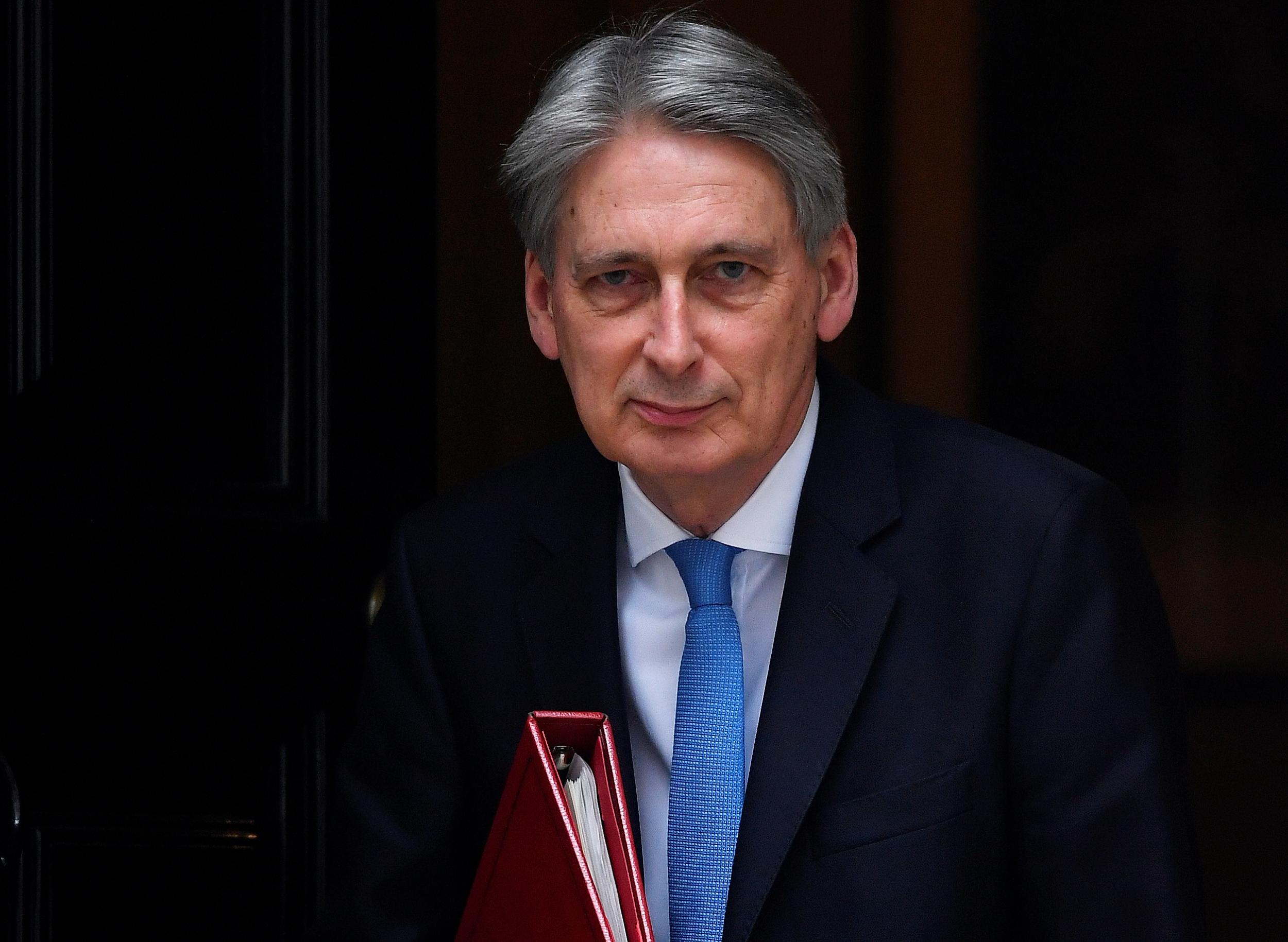Chancellor must call time on cruel benefits freeze costing hard up families £580 each
The latest inflation figure of 2.4 per cent has made it possible to calculate the full cost to a low income family of the government’s policy

Your support helps us to tell the story
From reproductive rights to climate change to Big Tech, The Independent is on the ground when the story is developing. Whether it's investigating the financials of Elon Musk's pro-Trump PAC or producing our latest documentary, 'The A Word', which shines a light on the American women fighting for reproductive rights, we know how important it is to parse out the facts from the messaging.
At such a critical moment in US history, we need reporters on the ground. Your donation allows us to keep sending journalists to speak to both sides of the story.
The Independent is trusted by Americans across the entire political spectrum. And unlike many other quality news outlets, we choose not to lock Americans out of our reporting and analysis with paywalls. We believe quality journalism should be available to everyone, paid for by those who can afford it.
Your support makes all the difference.Good news for those in work. The latest official figures have shown that inflation fell to 2.4 per cent in September a day after they revealed wages rose by 3 per cent. So rising real incomes. Hooray!
But that’s not true for everyone, and I’m talking here about those in the bottom half of the UK’s income distribution.
Here’s why: the September inflation figure is a particularly important one for them because it is used to calculate increases to benefit payments. Except that, absent a change in heart from the chancellor, there will be no increase in the coming year.
Jobseekers allowance, universal credit, child benefit, tax credits, housing benefit and others will remain flat as a result of the fourth and (one would hope) final year of the government’s benefits freeze.
The September inflation figure has made it possible to calculate the impact of this on, say, a low income family with kids and the Resolution Foundation has done so. The freeze’s final year will, it says, cost one of those families £200 on average. The combined impact over the full four years comes to £580.
For those just about managing, or not managing at all, that represents a gut punch.
The policy will have realised savings of £4.4bn for the exchequer by the end of next year, of which the final year of the freeze is due to contribute £1.5bn.
To give that a bit of context, the Institute for Fiscal Studies has estimated that another freeze, the one fuel duty has had in place since the 2010-11 financial year, and extended by Theresa May, costs the Treasury £9bn a year.
“A car is not a luxury,” the prime minister declared when she announced it. But it is the wealthy with petrol eating luxury cars that will benefit the most.
If the chancellor were to increase the levy there would be more money in his coffers, and thus less need to skewer the poor to pay for it, which is what his party has been doing. Being on the breadline in Tory Britain must sometimes feel a bit like spending an hour in a locked garage with one of those fancy cars while its engine is running.
It’s time to end the benefits freeze, says the Foundation. And it is.
We keep being told that austerity is finished. But its icy teeth will continue to bite into those living in austere circumstances for at least another year.
The chancellor will have the chance to change that with his budget on Monday week. If Tories really want to shake their reputation for being cruel, callous and nasty, he needs to take it.
Subscribe to Independent Premium to bookmark this article
Want to bookmark your favourite articles and stories to read or reference later? Start your Independent Premium subscription today.
Join our commenting forum
Join thought-provoking conversations, follow other Independent readers and see their replies
Comments